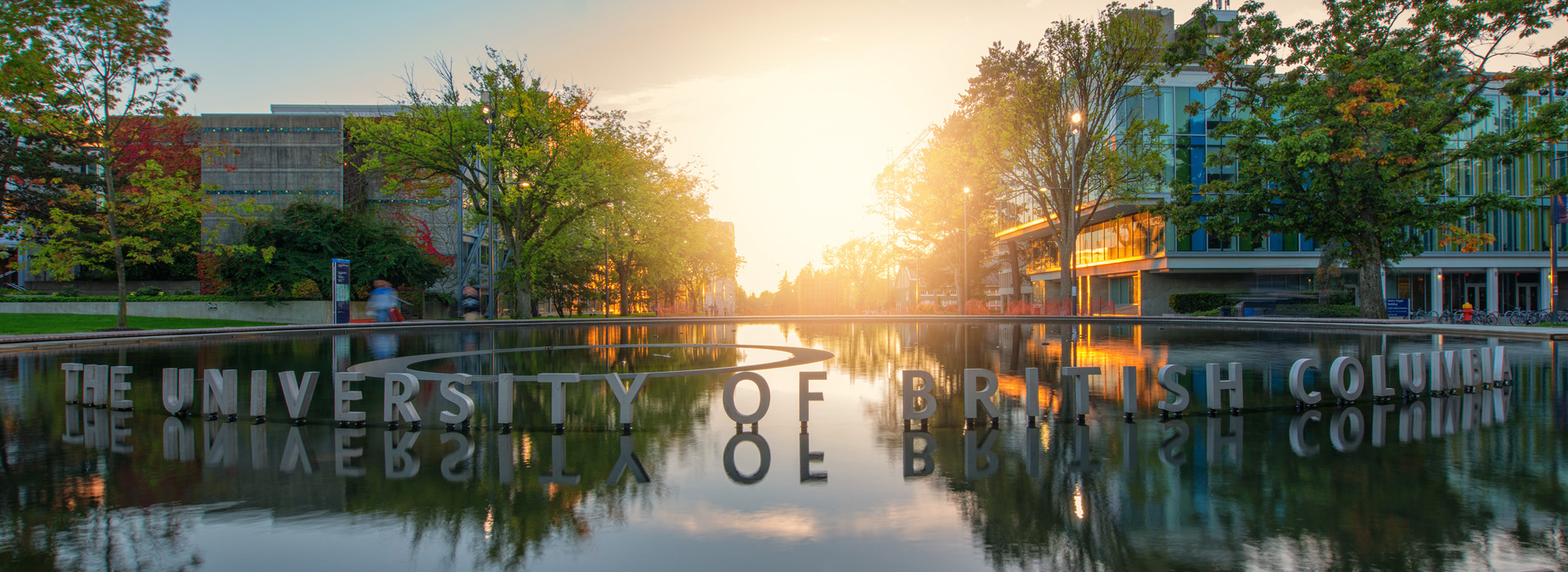
TEACHING
I am an award-winning educator.
University of British Columbia awarded me a Killam Teaching Prize, the highest award for teaching excellence.
The adjudication committee selects 6 faculty members from across 16 departments in the humanities, social sciences, and performing arts.
The Dean of Arts read the following statement at commencement:
“Students praise Professor Ghaziani’s ‘contagious intellect’ and his exceptional abilities to teach difficult required courses with dynamism and clarity. Professor Ghaziani’s use of real-life applications of sociological concepts is characterized by students as ‘enriching’ and ‘refreshing.’ His colleagues in Sociology attest to his ‘stellar contributions’ to curriculum design and development. A demanding yet inspirational presence in the classroom, Professor Ghaziani is described by one student as a ‘superhero’ who should ‘wear a cape to class.’ Says another, ‘He makes every student who comes in to speak with him feel as though he or she is the only student in the class.'”
I have won additional teaching awards as well. The undergraduate Sociology Students’ Association awarded me the Most Engaging Professor of the Year, and the Dean of the Faculty of Arts awarded me the distinction of a Top Instructor on campus. This prize goes to instructors who are ranked by their students in the top 10% of all professors in the Faculty of Arts.
In his letter to me, the Dean wrote the following:
“As a leading global university, UBC aspires to be great in its three major areas of strength: research, teaching, and impact (community engagement, translation and mobilization of research, policy, etc.). Our greatest impact, however, will always be in the education of generations of students who will contribute immeasurably to the betterment of the world, and you have shown yourself capable of contributing to student instruction at the highest level. I want to thank you for your thoughtful and successful contributions to teaching at UBC.”
I build my courses on 4 pillars: portability, discovery, interaction, and fellowship. The inspiration for this approach comes from my study of politics. If “our democracy presupposes the deliberative process as a condition of thought and of responsible choice by the electorate,” as Supreme Court Justice Felix Frankfurter suggested, then the classroom is foundational for participatory citizenship.
First, I stress the portability of knowledge. My students and I apply abstract theoretical concepts to contemporary concerns and policy problems. This help students to understand the logic of course readings, and it concretizes theoretical concepts. For example, how can we use the notion of “heteronormativity” to rethink childrearing practices? Or how can we apply Gayle Rubin’s “radical theory of sex,” which outlines the dimensions of erotic injustice, to analyze cultural expressions that range from song lyrics to papal addresses? These are big, bold questions—exactly what students need to discover a lifelong love for learning.
Second, I create opportunities for discovery-based learning. I have designed several small group activities that enable my students to stumble upon key insights on their own. This procedure facilitates ownership of knowledge. It also rejects the premise that the professor is the sole source of authority, the one and only person who transmits information to students who sit silently and take notes. This is not how we learn, and it certainly does not ignite the sparks of imagination or inspiration.
Third, I promote interactive engagement. It’s hard to connect with abstract ideas in the absence of direct, personalizing efforts. This is why questions like “what did you think of the readings?” often fall flat. Simulated debates and policy exercises create opportunities for students to feel personally engaged, and connected, with course concepts. Ideas, like people, must breathe in order to feel alive.
Finally, I invite my students to imagine one another, and their relationship with me, through the lens of fellowship. The conventional view is to see students in a position of disempowerment vis-à-vis the professor. I, however, see my role as a facilitator and resource for my students, and I provide ample opportunities for them to act collaboratively in their own best interests.
Please see my CV for the courses I have taught at Northwestern, Princeton, and UBC.

AMIN GHAZIANI, Ph.D.